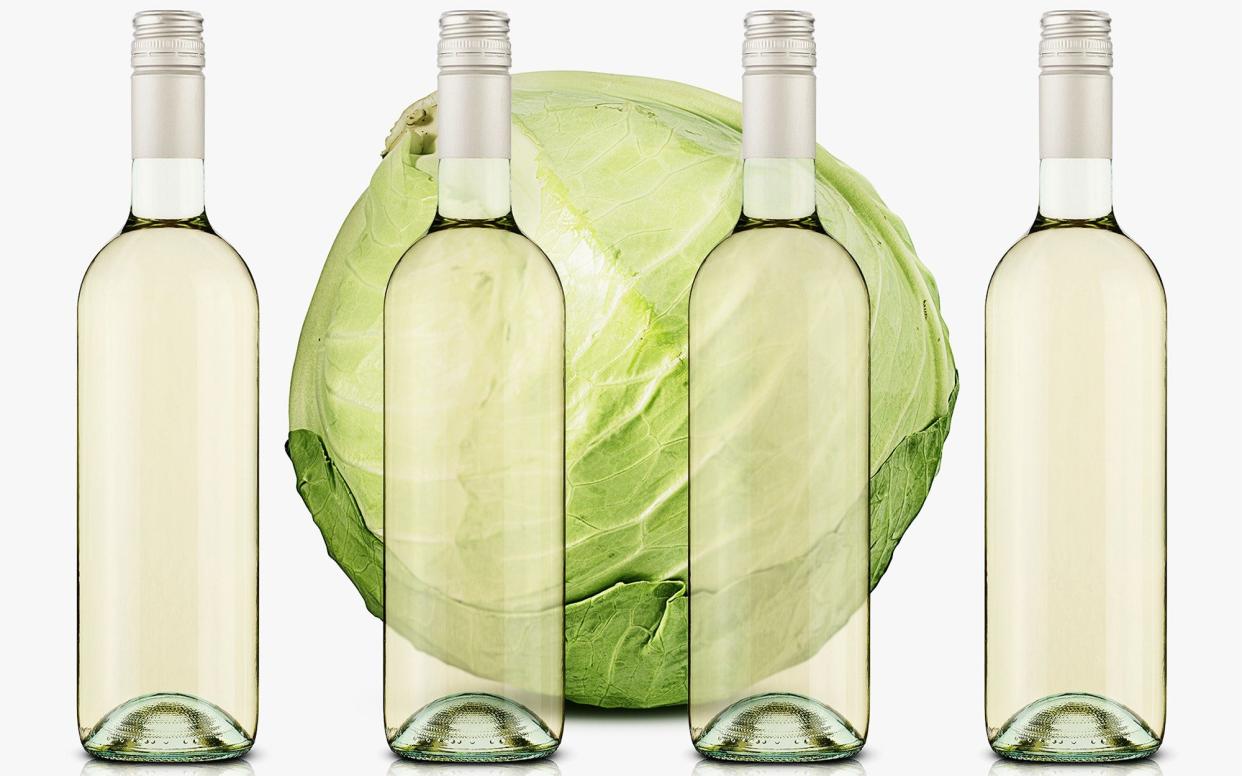Clear glass bottles ‘make wine smell like boiled cabbage and wet dog’

People should avoid buying white or rose wine in clear glass bottles or risk a smell like “boiled cabbage and wet dog”, experts have warned.
Susie Barry and Peter Richards, a married couple who are both Masters of Wine and have appeared on BBC One’s Saturday Kitchen, said wine should be bottled in darker glass to avoid the effects of “light strike”.
Light exposure can destroy aroma compounds and make white, rose and sparkling wine smell bad, Ms Barry said.
The experts, who are two of just 417 masters of wine in the world, say the darker and more opaque bottles traditionally used for red wine are better for preserving flavour.
On their Wine Blast podcast, Ms Barry said that in the most extreme cases of light strike, “your wine can seriously end up smelling like boiled cabbage, or drains, or wet dog”.
She said opting for “black or dark amber” bottles was best as they blocked out most of the light, but that supermarkets rarely sold lighter wines in darker bottles.
“The only proper solution is to buy wine exclusively in dark or protective bottles or packaging – but what did we see when we went shopping?”
Mr Richards said: “We went into two popular UK supermarkets, at either end of the price and demographic spectrum, and we couldn’t find a single bottle of still rose wine that wasn’t in a clear, colourless glass bottle.”
He added: “A significant proportion of the white wines were also in clear glass bottles, and also quite a few sparkling wines too, particularly rose sparkling wines.”
In 2022, Italian researchers found that within seven days of storing white wine in glass bottles the amount of terpenes, compounds that add floral and fruity notes such as lilac and blueberry to a wine, had diminished by up to 30 per cent, while norisoprenoids, which are responsible for complex woody notes, declined by 70 per cent.
The same wines kept in dark bottles for 50 days showed no deterioration, the researchers found.
Mr Richards said: “Marketeers say people want to see the wine before they buy it, particularly with rose because it’s bright and pretty, but this desire is ironically contributing to its lack of quality.”
Ms Barry added: “The science is literally telling us this is an issue, and yet you can’t buy a single still rose wine in a supermarket that’s not in a clear bottle.
“There’s not even a choice. You could easily have those wines in dark glass bottles, or bag-in-boxes, or cans, frankly, maybe with a picture of the wine colour.”
The effects of light strike are not reversible, the couple added, calling the issue “daylight robbery” because of the diminished quality product people can end up paying for.
Ms Barry said the scale of the problem was likely far greater than “any other wine taint, and yet we don’t really talk about it”.
She added: “By and large we accept it, sometimes we inadvertently embrace it, and mostly we just carry on pretending it’s not an issue, while it’s effectively depriving us all of our rightful enjoyment of wine. It is daylight robbery in every sense of the term.”

 Yahoo News
Yahoo News 
